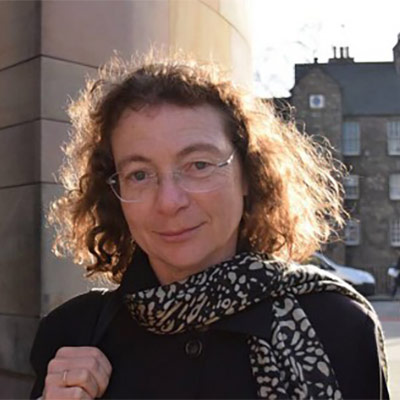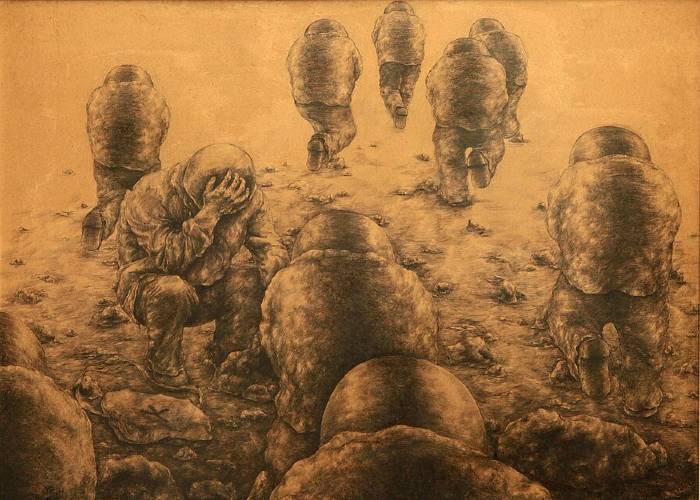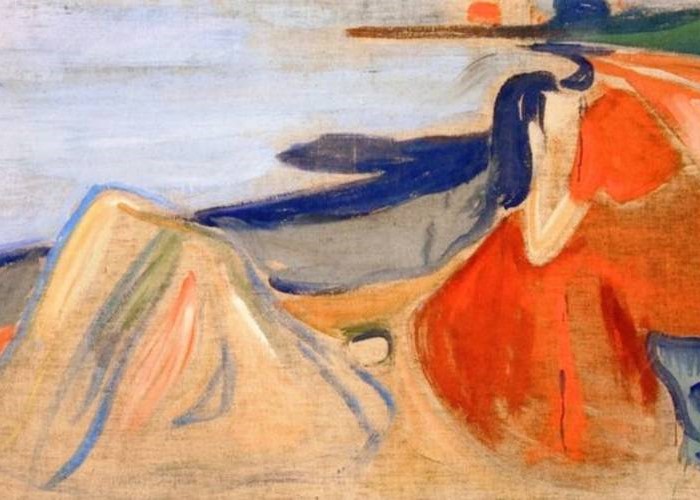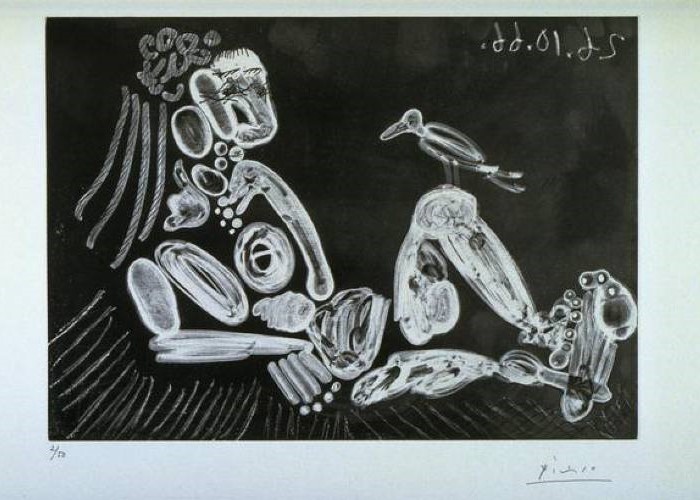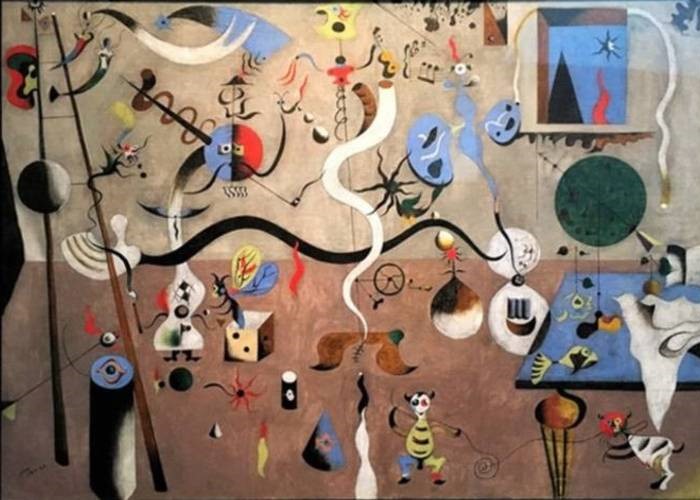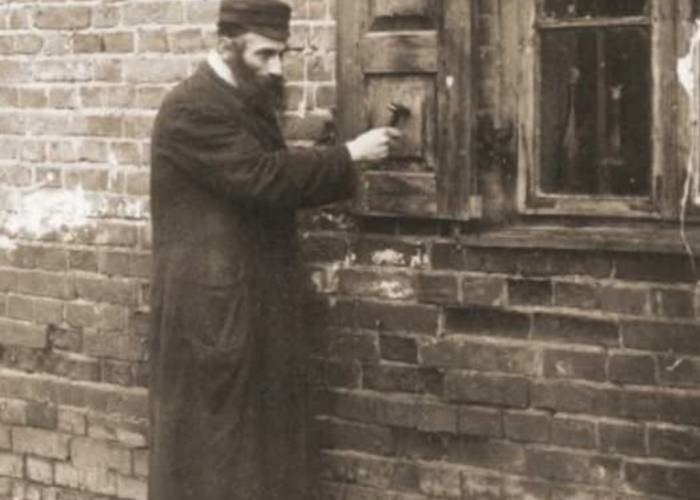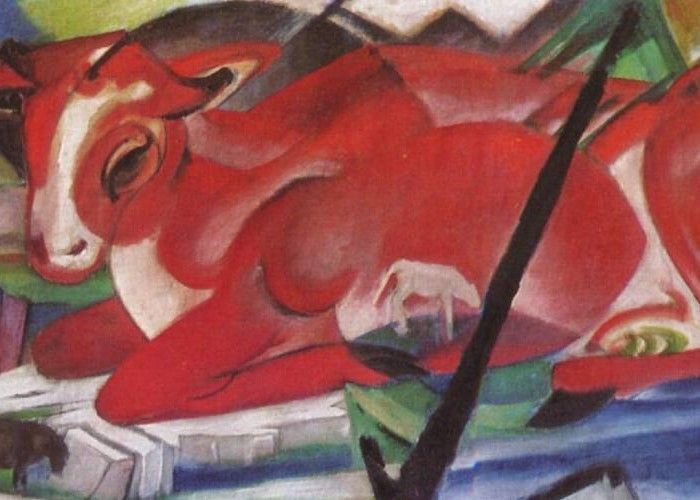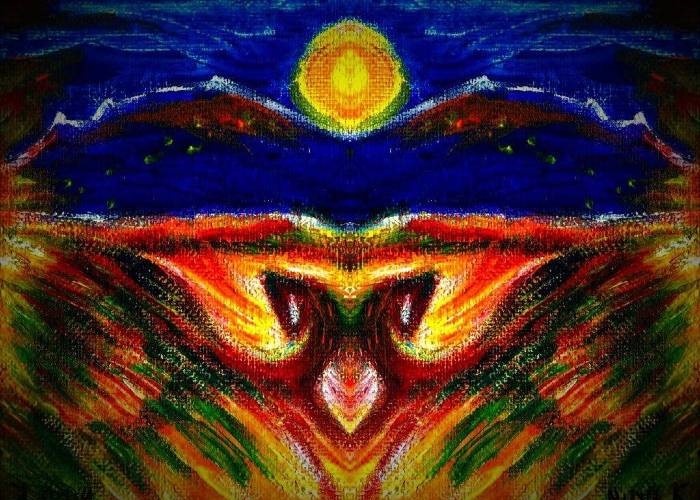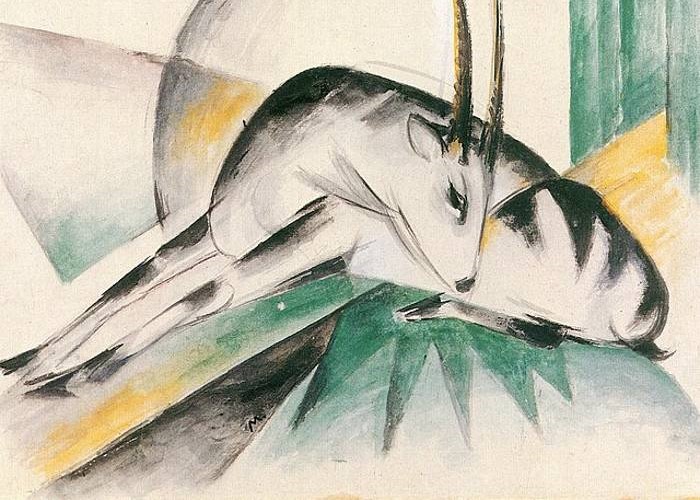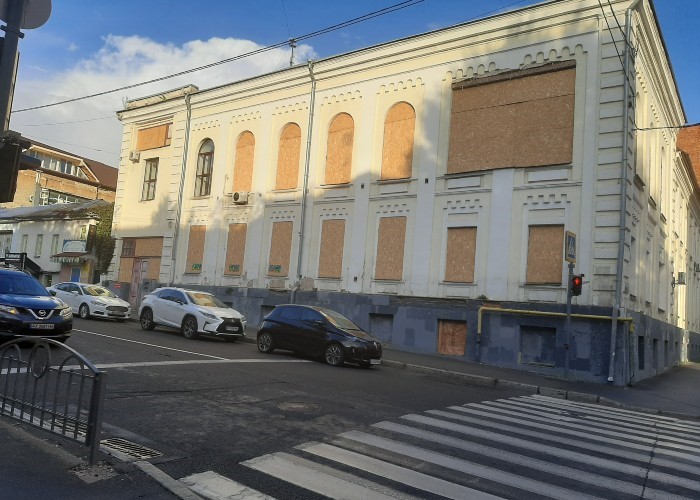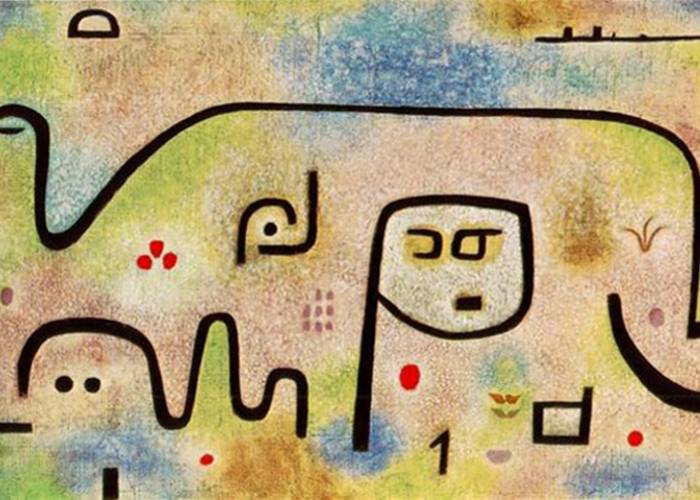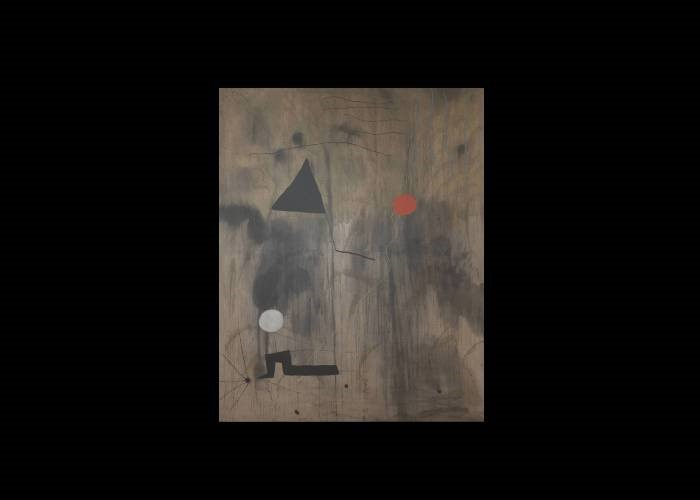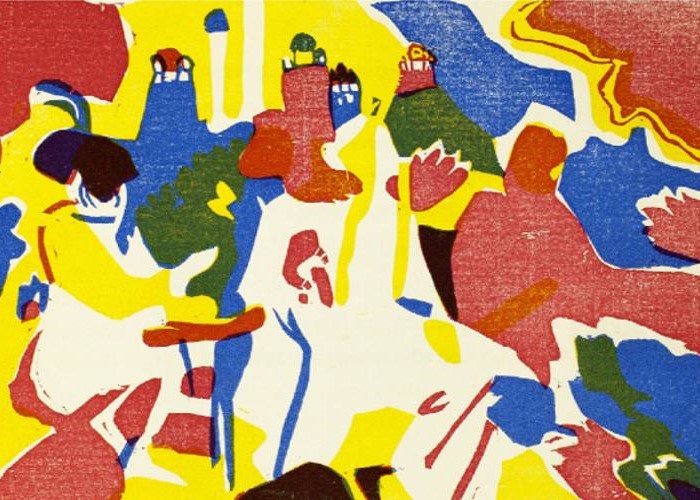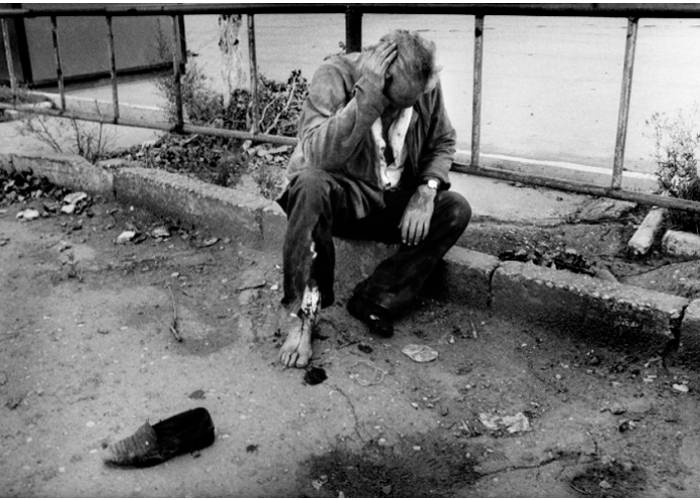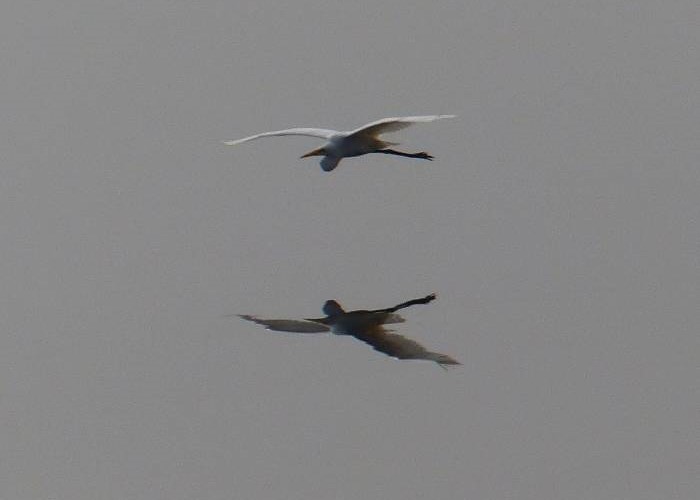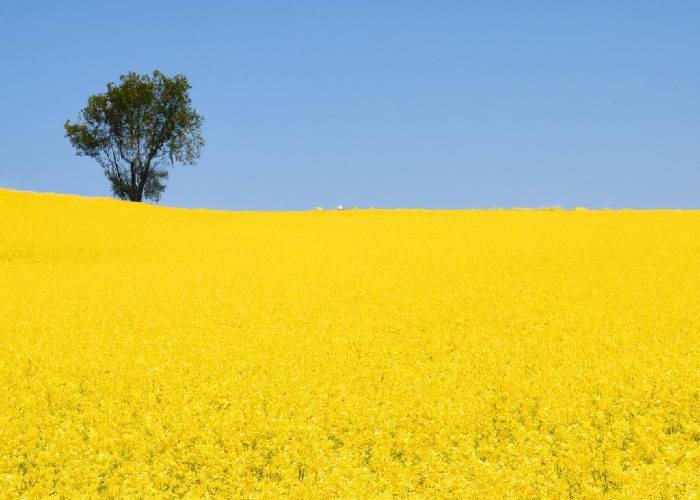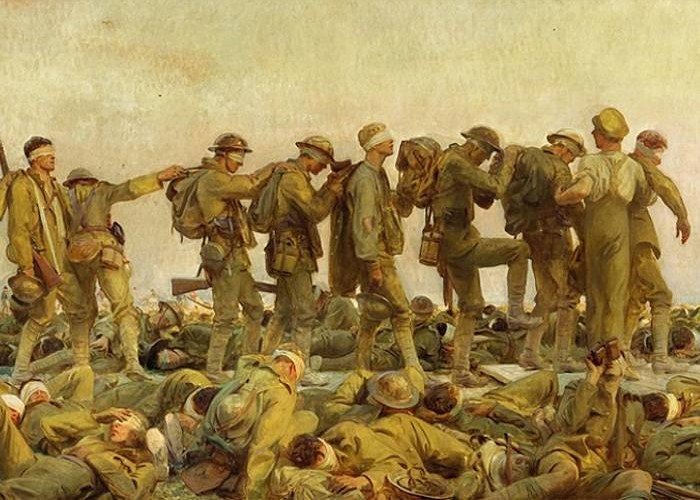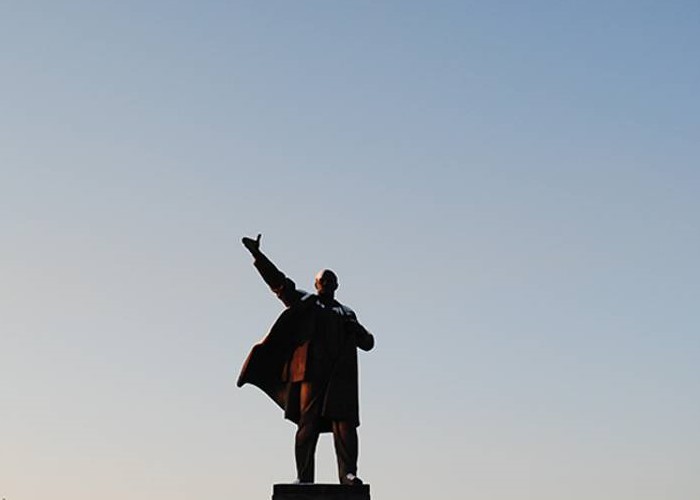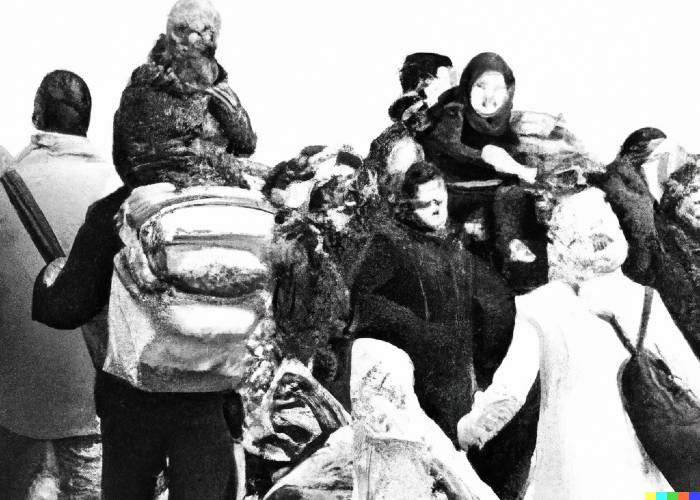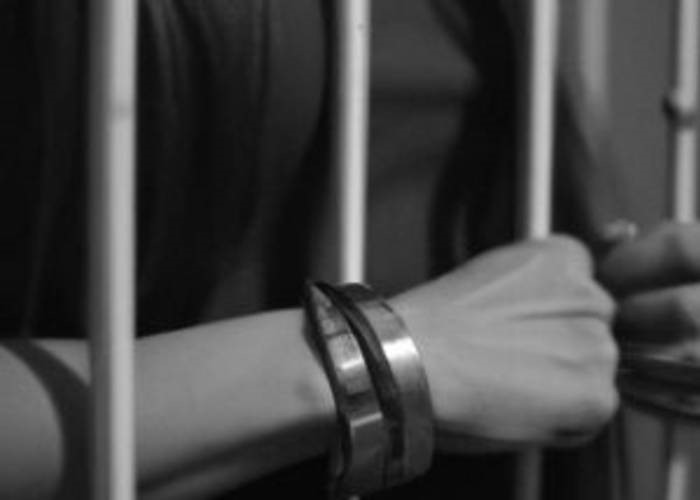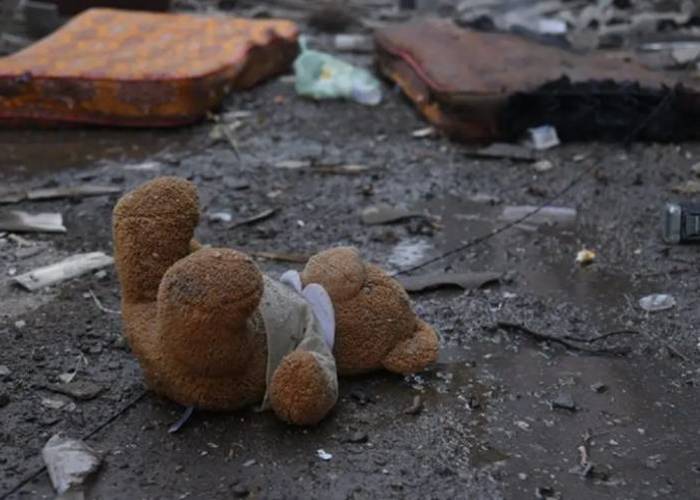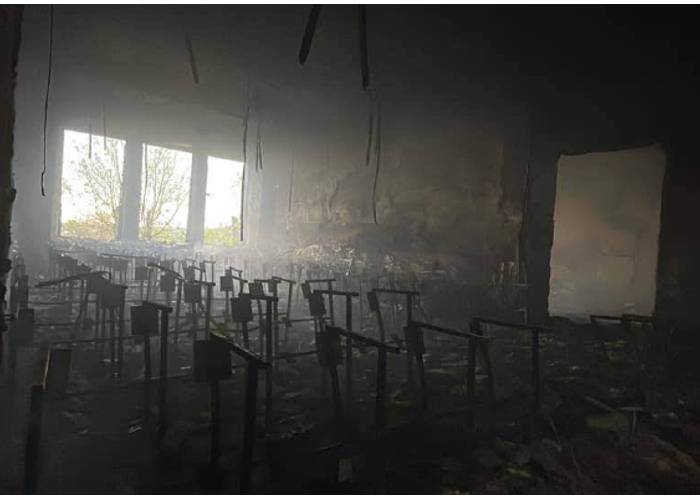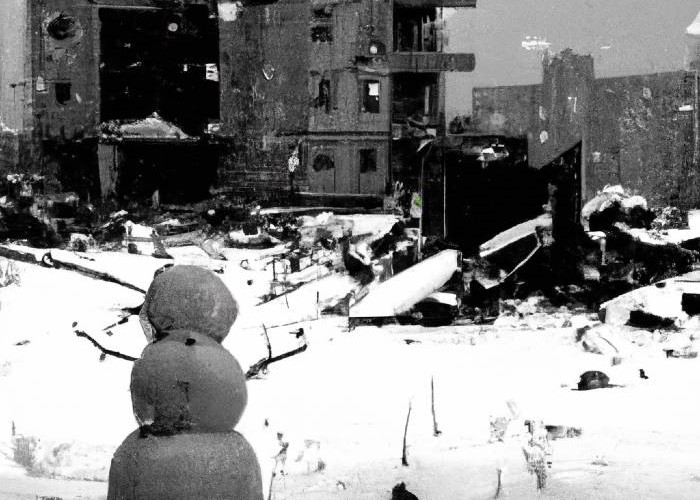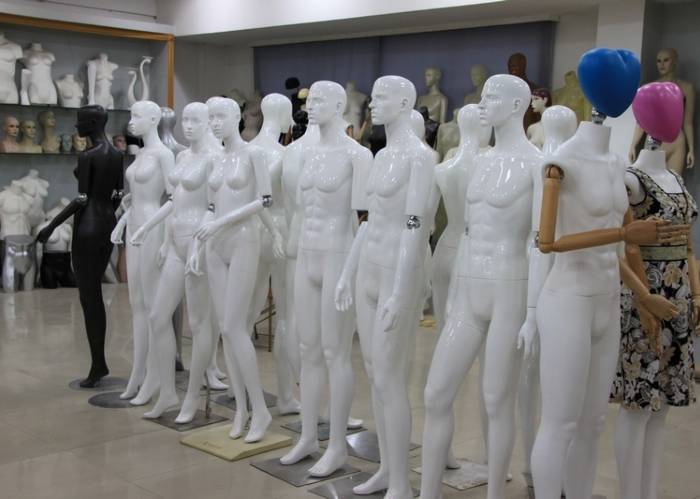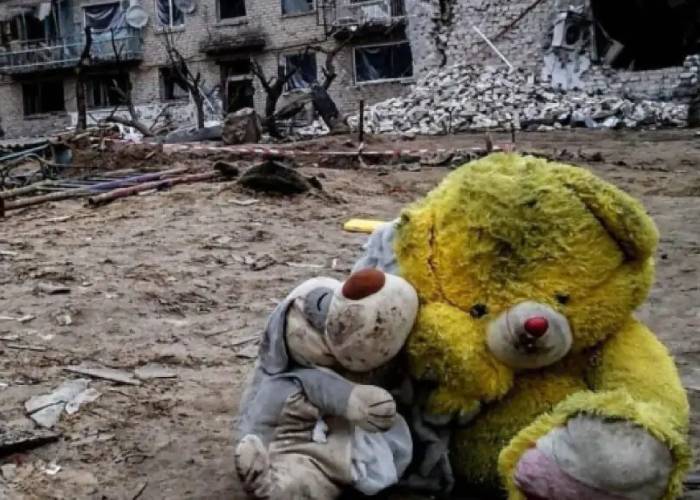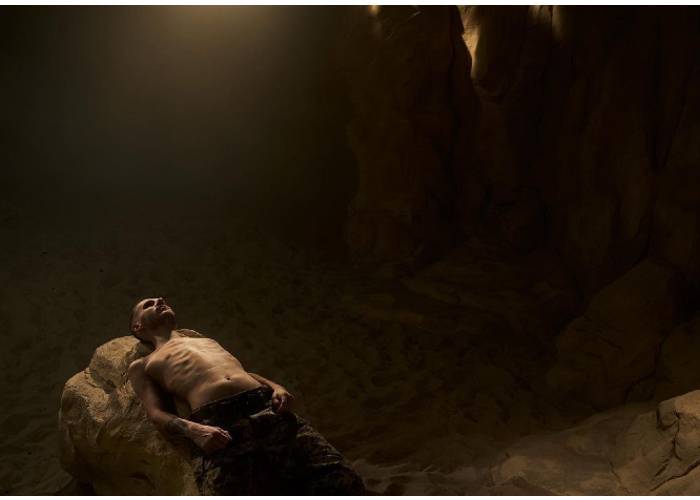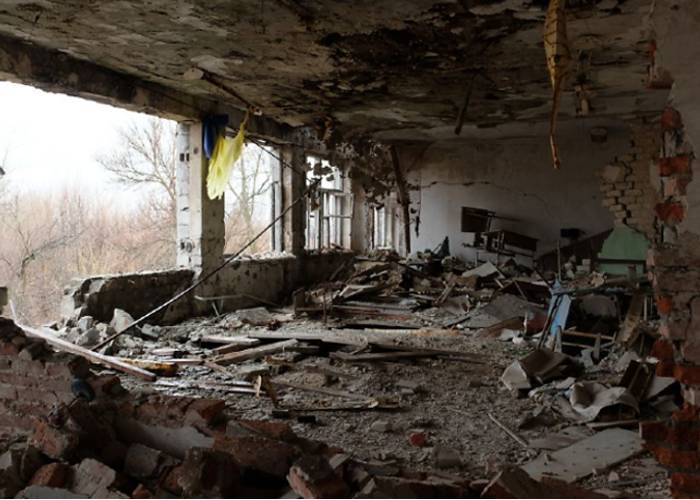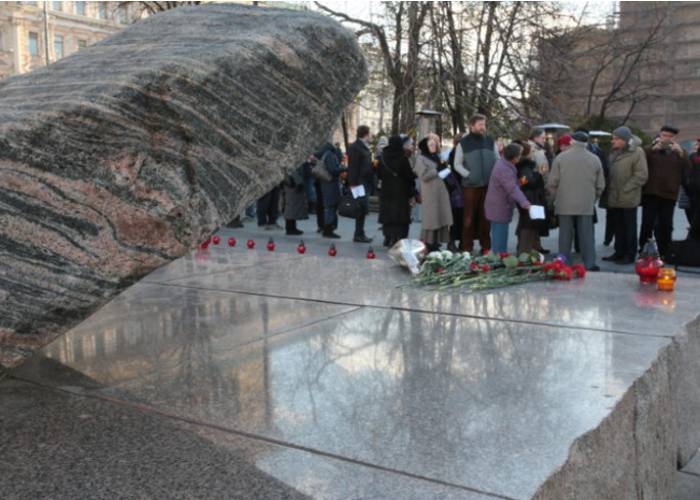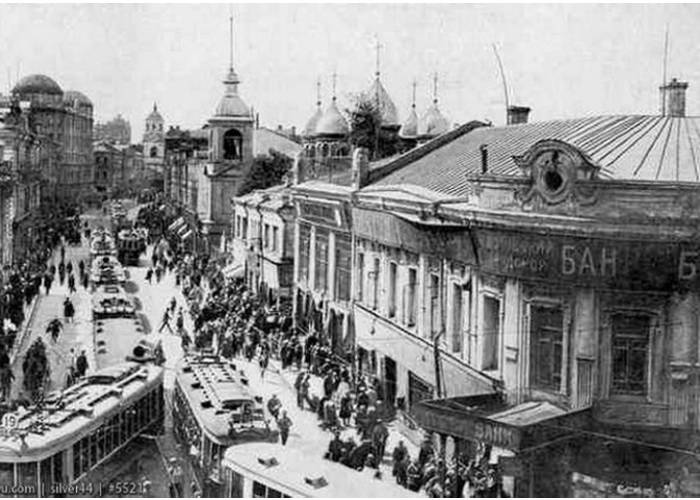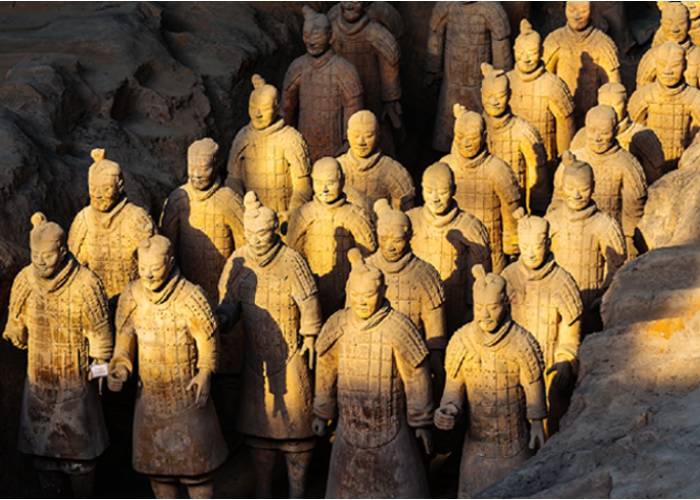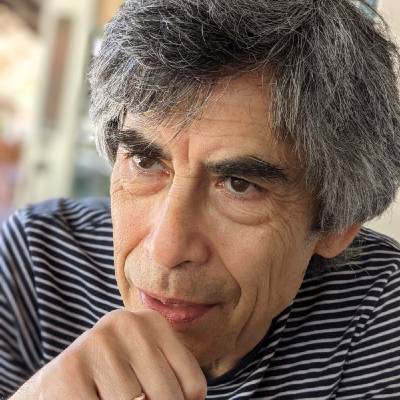Are we going to win or not Emperor Qin demands
His astrologer says it depends on the phase of the moon
But the moon Qin says has already left our lands
and the moon of clay can be only seen by blind men
The astrologer suggests divination by prisoners’ bones
by the flight of birds over the great river’s mouth
But they’ve burned all prisoners and who knows when they’ll capture new ones
and the birds learned clever tricks and migrated south
By the dying cries of maidens when soldiers rape and maim them
the astrologist says without looking Qin in the eye
But in order to have live soldiers we need live maidens
and ours are all made of clay we are running dry
So the Emperor says and he summons the guard
The astrologer grovels and crawls feet first to the door
They grab him and cut out his heart he touches the gore
They want you to tell their fortunes speak up my heart
The astrologer’s heart relaxes contracts relaxes contracts
Qin Shi Huang’s dead army rises for an attack
The Original
Победим мы или нет спрашивает император Цинь
Отвечает астролог все зависит от фазы луны
Но у нас говорит Цинь луна ушла из страны
а луну из глины видят только слепцы
Тогда по костям пленных гадать предлагает астролог
по полетам птиц над устьем великой реки
Но всех пленных сожгли ждать новых придется долго
птицы стали хитры и не попадают в силки
По предсмертным крикам дев когда солдаты насилуют их убивая
говорит астролог не глядя Циню в глаза
Но чтоб были живые солдаты девы нужны живые
а у нас все из глины без дев больше нельзя
Так говорит император и призывает охрану
Простершись астролог ползет задом к двери
Его хватают вырезают сердце он щупает рану
Ну сердце по тебе гадают давай говори
Сердце сжимается разжимается сжимается разжимается
Мертвая армия Цинь Шихуанди на бой поднимается
